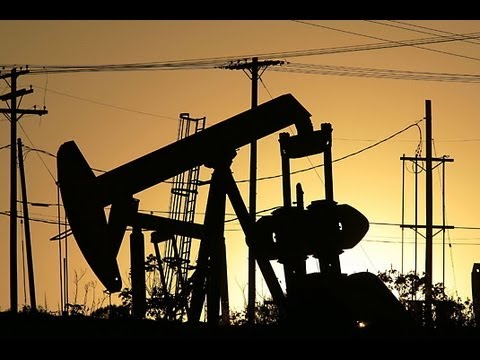
Despite—actually, because of—the innumerable peer-reviewed studies and national academies that have affirmed his work, Prof. Michael Mann from Penn State University continues to be on the receiving end of the fossil fuel industry’s wrath.
In Canada, ground zero for the climate change debate is currently the prairie province of Saskatchewan. The province’s premier is a public relations agent for the oil and gas industry, all the while fighting desperately to derail the federal government’s proposed price on carbon.
So it wasn’t surprising when a representative of the oil industry and board member of right-wing organizations such as The Fraser Institute, the C. D. Howe Institute and the School of Public Policy at the University of Calgary authored a hit piece on Prof. Mann. What was unfortunate is that one of the major newspapers in the province, the Regina Leader-Post, published it.
Herb Pinder made so many erroneous claims that Prof. Mann was forced, yet again, to defend his scientific record in an elegantly scathing reply that the newspaper, whose opinion pages are largely a propaganda outlet for the fossil fuel industry and its many shills littering the region’s political, academic and media scene, surely did not want to have to publish.
But there are a few remaining problems from Mr. Pinder’s article that still need to be addressed.
Pinder makes the bizarre claim that the Earth is six billion years old. Actually, it is 4.5 billion years old, making for a 33 percent error in Pinder’s “science.” Sadly, some of the other claims in his op-ed have a much larger error. If you can’t get the age of the Earth correct, then subsequent attacks on a leading climate scientist will inevitably fail.
Pinder questions how a compound such as carbon dioxide, which comprises a very small fraction of the atmosphere, can have such a disproportionate impact on the planet’s climate. In fact, there is nothing either unscientific or even surprising about this fact.
There are a large number of compounds in each part of the Earth system, including and especially living organisms like us, that exert an impact well out of proportion to their concentrations. Poisons, pharmaceuticals, endocrine disruptors and on the list goes, clearly and collectively show one should never be fooled into thinking that just because a compound is present in very low concentrations that its effects on any system are negligible.
It is simple physics that explains why carbon dioxide is a potent greenhouse gas and a large number of compounds are even far more efficient in terms of their global warming potential. This is undeniably “settled science.”
Pinder also writes, citing the work of Ross McKitrick at the University of Guelph, that “there has been no statistically significant temperature change for the past 15-20 years.” This is not accurate.
The major climate centers (e.g., NOAA, NASA, etc.) clearly show, using both parametric and non-parametric statistical approaches, that the warming trend over the last 15-20 years is highly significant. If the global heat wave in 2016 stays on-course, the rapidly increasing trend will become even more “statistically significant.”
Even a cursory view of the global warming trend that has taken place over the last century reveals it is far more than “periodic spikes in the world’s temperature as a result of a natural phenomenon called La Nina,” as Pinder suggested. There are indeed periodic spikes, but these pale in comparison to the overall warming trend.
Saskatchewan’s fossil fuel industry dominated economy has also fallen apart under Premier Brad Wall’s “leadership.” The province is running a massive deficit, its credit rating has been downgraded and it has one of the worst performing economies in the country. When Wall came to office in November 2007, the province’s unemployment rate was nearly 2 percent below the national average. That gap has decreased to just 0.7 percent, making for the worst relative employment performance of any Saskatchewan premier in at least a quarter-century. Clearly hitching your wagon to climate change denying policies and industries isn’t working out so well.
As Prof. Mann noted, we need to “get past the fake debate about whether the problem exists and on to the worthy debate about what to do about it.” Despite the anti-science fantasies of some, there are real scientifically determinable boundaries in terms of our relationship with the Earth system and we are rapidly coming up against them. Inconvenient truths they may be, but truths nonetheless.
source
See also: Follow Sodium Haze on Facebook

More Stories
Navalny’s death used to hide western failures in Ukraine and their support for Israel’s genocide
Gifts from Gaza
Vulture capital circles over the corpse of Ukraine…